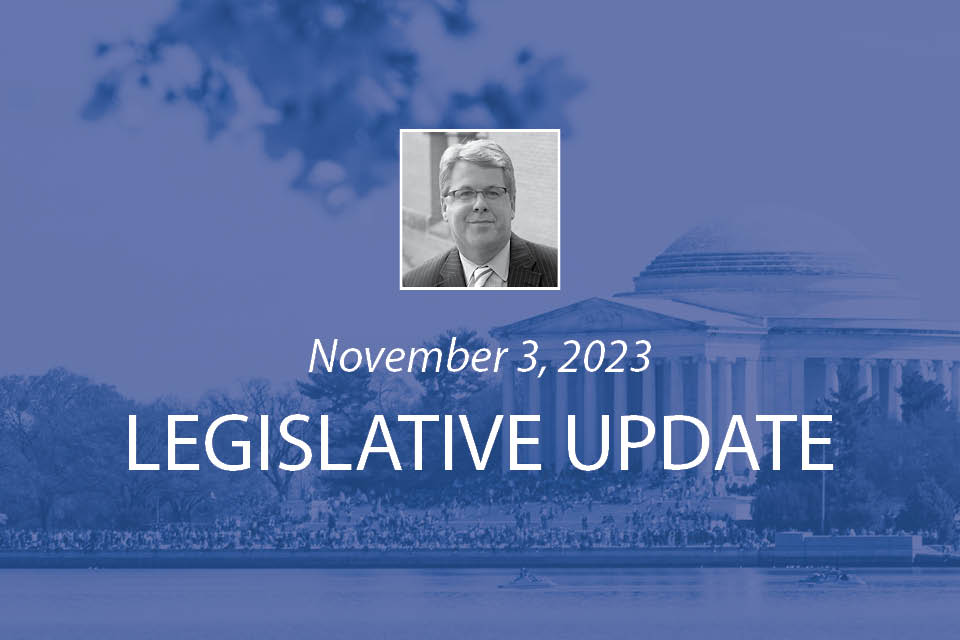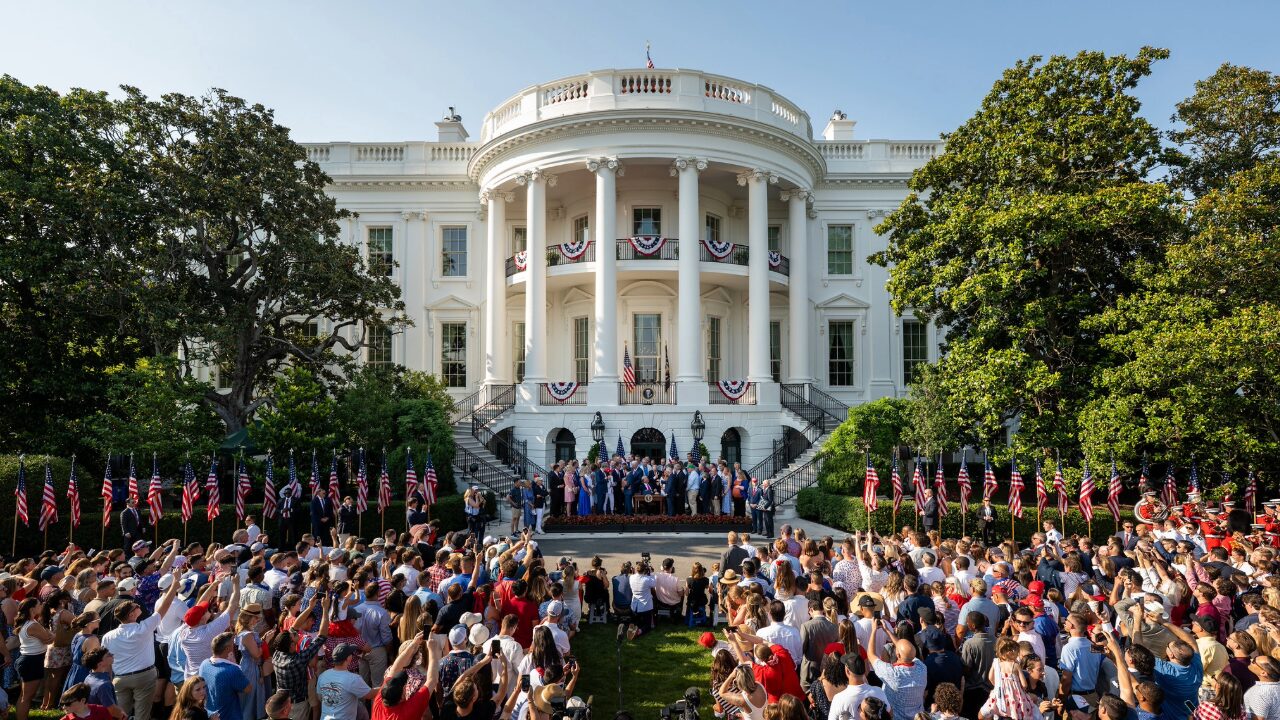Government Funding
The next looming deadline for Congress is November 17 when the existing Continuing Resolution (CR) funding government operations expires. Newly minted House Speaker Mike Johnson (R-LA) has pitched the concept of a roughly two-month CR to fund the government through January 15. That would theoretically give enough time for the House to pass its 12 appropriations bills. The path forward is complicated by the fact that leadership in the two chambers have different plans for funding items such as the conflict in Ukraine and the situation in Israel, among other areas. Senate Minority Leader Mitch McConnell (R-KY), along with Senate Majority Leader Chuck Schumer (D-NY), have made it clear that they believe aid to Ukraine is critical and want to pair that with funds for Israel and money for Taiwan. Speaker Johnson has insisted that he does not have the votes in the House to pass legislation assisting Israel that includes money for Ukraine.
It is hard to envision a scenario where Congress would let the government shut down given all that is happening around the world, but if past is prologue, negotiations on a spending measure will continue right up to the deadline on November 17.
Particulate Matter Rule
This week a letter was sent to White House Chief of Staff Jeffrey Zients signed by several large manufacturing organizations urging the Administration to maintain the existing standard for fine particulate matter known as PM 2.5. EPA has proposed tightening the standard to 9 micrograms per cubic meter (µg/m3 )—down from the current 12 µg/m3standard. If this moves forward, 20 percent of the counties in the U.S. will be in nonattainment for PM 2.5 which would have chilling effect on economic activity. A study conducted by Oxford Economic that was commissioned by the National Association of Manufacturers found that the proposed standard would reduce GDP by nearly $200 billion and cost as many as 1 million jobs through 2031.
EPA is expected to decide on a final PM 2.5 standard in the coming months.
Tax
The National Association of Manufacturers is finalizing a letter this week to Congress to urge action on the package of business tax benefit extensions that is currently pending on the House floor. The letter reportedly will have over 1000 company signatures.
The package—for which ABMA is also advocating—would extend through 2025 the 100 percent bonus depreciation benefit which began ratcheting down this year. It would also retroactively extend the research and development tax credit which phased out in 2022. With the election of a new Speaker of the House, we are hopeful for action on this package by year’s end.




